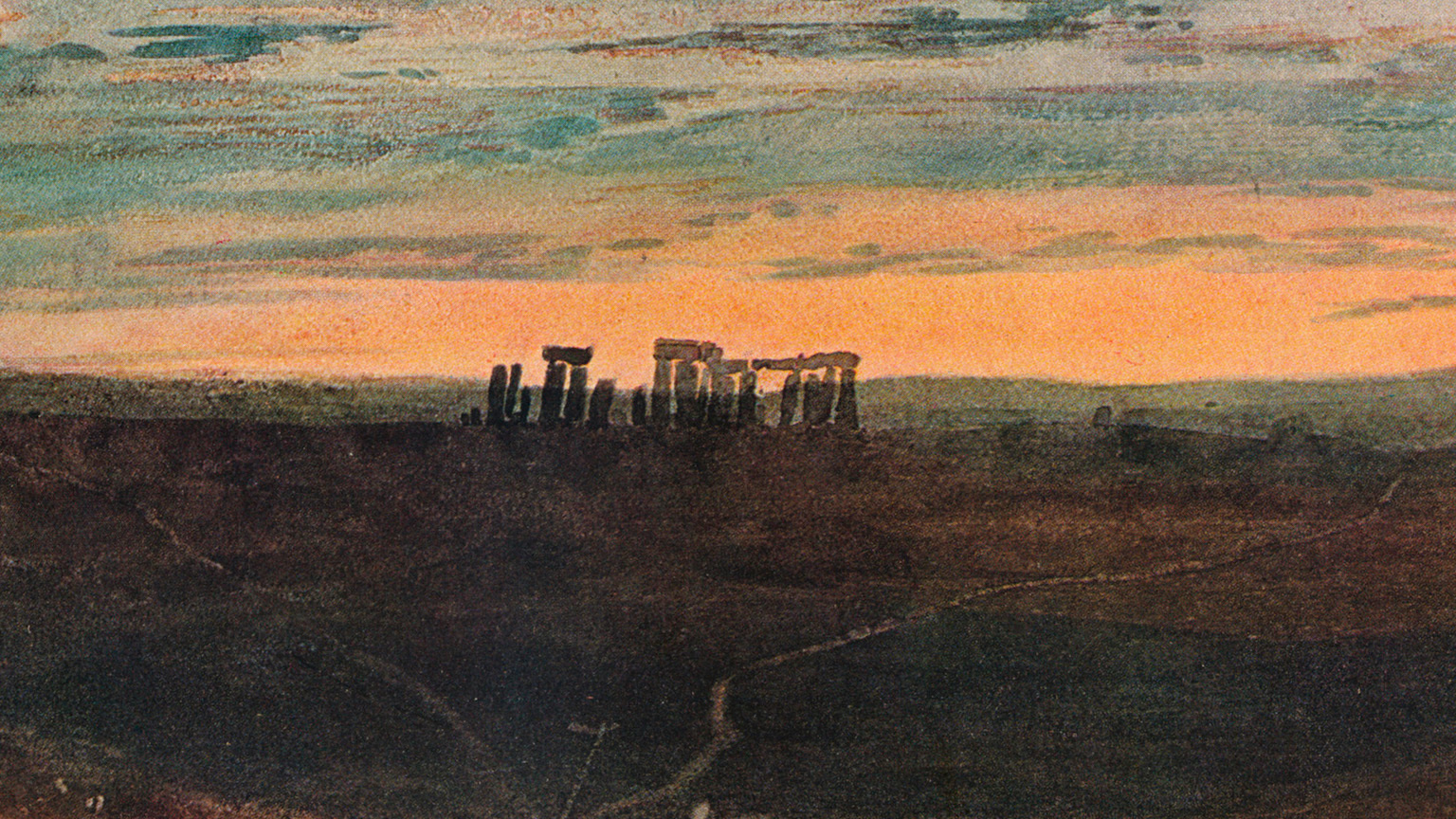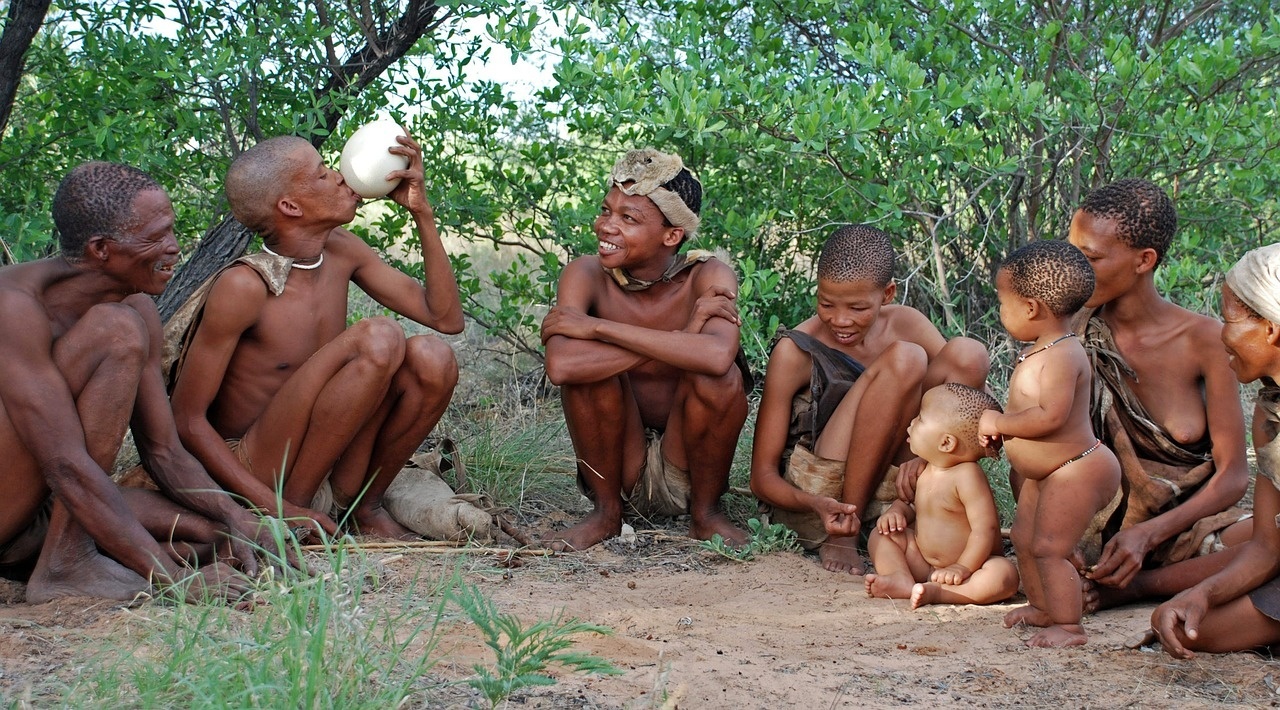Dawn of Everything: What if the arc of history isn’t inevitable?

Long, long ago human beings lived in small bands of hunter-gatherers. These bands were relatively egalitarian because there was not much to own. Then, some of these bands discovered agriculture and essentially domesticated themselves. Surplus food from farming led to increased populations, which turned villages into towns and then towns into cities and then cities into empires.
The switch from hunter-gathering to farming happened at different times in different places, but it eventually happened almost everywhere and became the dominant mode of human social arrangement. This ascent of complexity, however, came at the cost of inequality. Ruling classes claimed surpluses for themselves, and most others ended up working for the king (or emperor). Such empires and their repression were, however, the engines that allowed culture — art, philosophy, etc. — to flourish. Eventually, the Age of Science and the Enlightenment led to massive increases in human wellbeing, though they didn’t manage to undo the divisions between rich and poor.
You have probably heard this story before. It’s the basis for many best-selling history books by authors like Jared Diamond and Yuval Noah Harari. And beyond best-sellers, this story of an inevitable rise from simple hunter-gatherers to farming and then industrial societies is pretty much the only way we know how to talk about the long-term arc of human civilization. It is essentially the story of “progress,” which we mostly accept. We still hope we can do better in terms of inequality and, in the face of things like climate change, deal with the dark side of progress. But, by and large, we accept the story that our current form of civilization is the inevitable form.
The inevitable arc of history?
But what if that story is wrong? What if that inevitable arc turned out to be not so inevitable? What if there were more possible choices because, across the last 100,000 years or so, many people had made them?
This is the premise behind The Dawn of Everything: A New History of Humanity by anthropologist David Graeber and archaeologist David Wengrow. It, too, is a best-seller and is generating lots of buzz and controversy. I finally got a chance to start reading it, and although I’m not done, I wanted to pass along my enthusiasm for its grand ambition. The Dawn of Everything is a big history book that is anti-big history.
The basic idea Graeber and Wengrow want to explore is that when it comes to political and social arrangements, human beings have been remarkably imaginative throughout our time on the planet. The notion that there is some inevitable arc to history and all human societies have followed it into the forms we have today is, they claim, a holdover from Enlightenment era thinking. Most importantly, they also claim, archaeological and anthropological evidence from the last few decades makes such “inevitable arc” stories scientifically untenable.
Graeber and Wengrow are particularly wary of the Hobbesian notion that human society is “founded on the collective repression of our baser instincts, which becomes all the more necessary when humans are living in large numbers in the same place.” Looking at the history of this idea, along with the notion that early on we lived as equalitarian “noble savages,” forms an entertaining early chapter of the book. Graeber and Wengrow are just as interested in the question of how we came to think about “the origins of inequality” as they are in the answer. That’s because the answer, for them, is that we lost our capacity to imagine something different.
Same actors, different play
What makes The Dawn of Everything so remarkable to any avid reader of Diamond or Harari (and I’m one of them) is to see the usual actors and places in the story of human evolution reappear with a completely different script. Stonehenge and the first human city Catalhoyuk are no longer markers on the inevitable route to the modern industrial nation-state but part of a broader tapestry of human beings adopting and abandoning different political and social forms as experiments in what worked and what did not, what suited people at the time and what did not. For Graeber and Wengrow, just because these people lived a long time ago didn’t mean they were sock-puppets playing out their historically determined roles in the march toward us. Instead, they were — like us — conscious, creative, and capable of making choices. The difference is that these ancient generations had more freedom to choose and explore how they wanted to organize themselves. They were not, in Graeber and Wengrow’s words, “stuck” as we are with such narrowly circumscribed choices for their futures (unrelenting resource extractive industrial economies be they capitalist or socialist or communist).
I am, of course, not an anthropologist or an archaeologist, so I can only watch the debates about the science behind The Dawn of Everything with an open mind. (The Wiki page for the book links to a nice overview of the debates.) What I do find exciting is the possibility that there is another story to tell about who we are, what we are, where we are going, and how we might get there. We humans are facing a difficult moment right now as it becomes clear we basically slept through global warming’s first act. Things are likely to get bumpier from here, and I believe we will need all the creativity and imagination we can get. If the new story in The Dawn of Everything has truth in it, then it would be a welcome addition.





